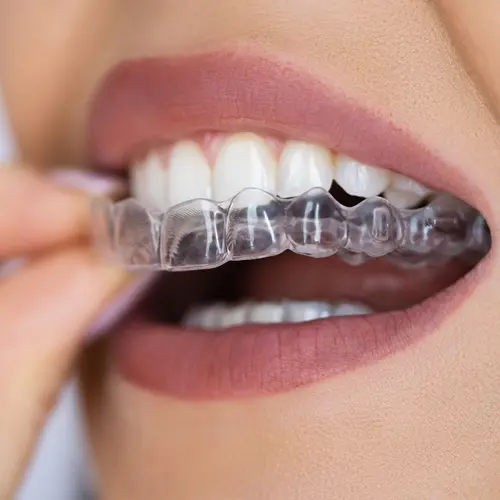If you fear going to the dentist, you are not alone. Between 9% and 20% of Americans avoid going to the dentist because of anxiety or fear. Indeed, it is a universal phenomenon.
Dental phobia is a more serious condition than anxiety. It leaves people panic-stricken and terrified. People with dental phobia have an awareness that the fear is totally irrational, but are unable to do much about it. They exhibit classic avoidance behavior; that is, they will do everything possible to avoid going to the dentist. People with dental phobia usually go to the dentist only when forced to do so by extreme pain. Pathologic anxiety or phobia may require psychiatric consultation in some cases.
Other signs of dental phobia include:
- Trouble sleeping the night before the dental exam
- Feelings of nervousness that escalate while in the dental office waiting room
- Crying or feeling physically ill at the very thought of visiting the dentist
- Intense uneasiness at the thought of, or actually when, objects are placed in your mouth during the dental treatment or suddenly feeling like it is difficult to breathe
Fortunately, there are ways to get people with dental anxiety and dental phobia to the dentist.
What Causes Dental Phobia and Anxiety?
There are many reasons why some people have dental phobia and anxiety. Some of the common reasons include:
- Fear of pain. Fear of pain is a very common reason for avoiding the dentist. This fear usually stems from an early dental experience that was unpleasant or painful or from dental "pain and horror" stories told by others. Thanks to the many advances in dentistry made over the years, most of today's dental procedures are considerably less painful or even pain-free.
Fear of injections or fear the injection won't work. Many people are terrified of needles, especially when inserted into their mouth. Beyond this fear, others fear that the anesthesia hasn't yet taken effect or wasn't a large enough dose to eliminate any pain before the dental procedure begins.
Fear of anesthetic side effects. Some people fear the potential side effects of anesthesia such as dizziness, feeling faint, or nausea. Others don't like the numbness or "fat lip" associated with local anesthetics.
Feelings of helplessness and loss of control. It's common for people to feel these emotions considering the situation -- sitting in a dental chair with your mouth wide open, unable to see what's going on.
Embarrassment and loss of personal space. Many people feel uncomfortable about the physical closeness of the dentist or hygienist to their face. Others may feel self-conscious about the appearance of their teeth or possible mouth odors.
The key to coping with dental anxiety is to discuss your fears with your dentist. Once your dentist knows what your fears are, they will be better able to work with you to determine the best ways to make you less anxious and more comfortable. If your dentist doesn't take your fear seriously, find another dentist.
If lack of control is one of your main stressors, actively participating in a discussion with your dentist about your treatment can ease your tension. Ask your dentist to explain what's happening at every stage of the procedure. This way you can mentally prepare for what's to come. Another helpful strategy is to establish a signal -- such as raising your hand -- when you want the dentist to immediately stop. Use this signal whenever you are uncomfortable, need to rinse your mouth, or simply need to catch your breath.
